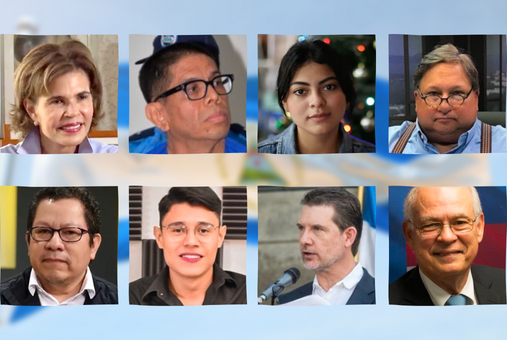
At least eight journalists, media entrepreneurs and journalism students were among the 222 political prisoners released and exiled to the United States, while Daniel Ortega's regime threatens to strip away their citizenship and rights as Nicaraguans.
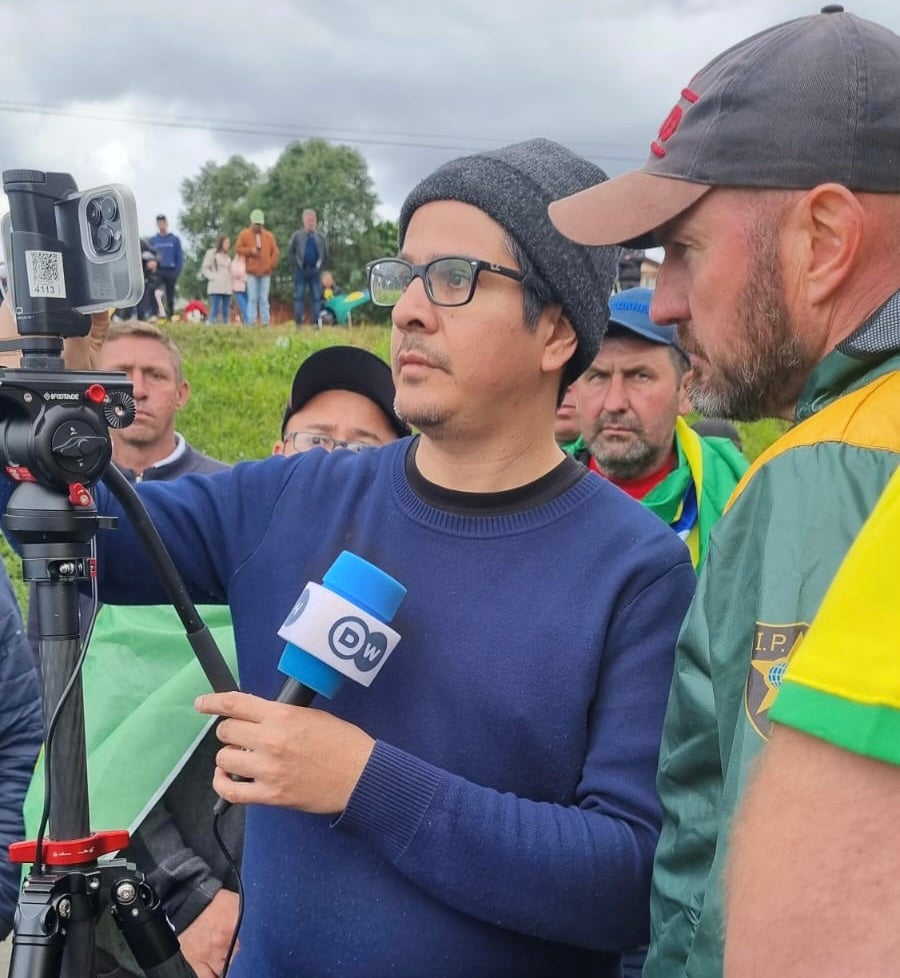
Since Nov. 1, demonstrations by Bolsonaro supporters questioned election results by blocking national and interstate highways with trucks and tractors. Journalists covering the events were assaulted and intimidated while exercising press freedom. LatAm Journalism Review interviewed two journalists on the ground. Both suffered incidents and intimidation and told us about their experiences in the field.
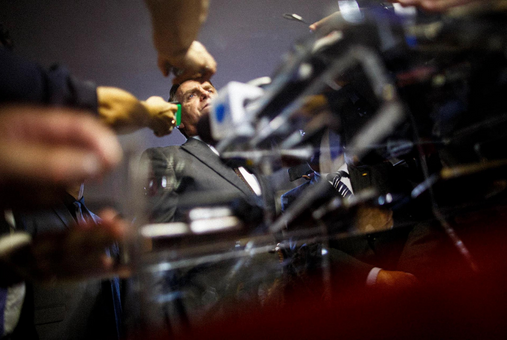
Brazilian journalists have lived through years of violence, persecution and exhaustion under outgoing president Jair Bolsonaro. Amplified by the COVID-19 pandemic, this stressful environment helped Brazilian journalism make strides, but also exposed its inconsistencies.
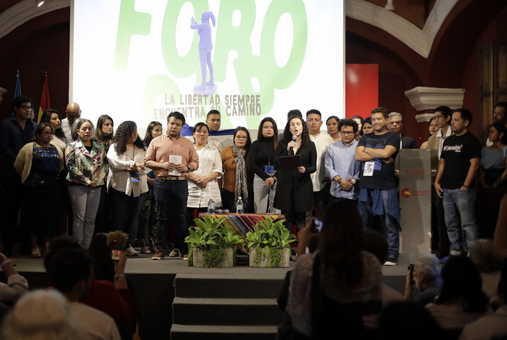
Faced with the recent escalation of attacks on freedoms of the press and expression in Costa Rica, El Salvador, Guatemala, Honduras, and Nicaragua, journalists from these countries have come together to create the Red Centroamericana de Periodistas [Central American Network of Journalists]. Guatemalan Marielos Monzón, one of the Network’s founders, spoke to LatAm Journalism Review (LJR) about the goals and lines of work of this initiative in defense of journalism and the citizens’ right to be informed.
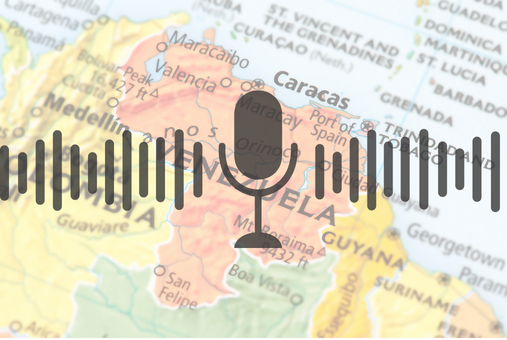
Venezuela has been subjected to a dismantling of its media ecosystem in recent decades. During the year 2022, at least 95 radio stations have been closed in the country, Zulia state being the most affected. These closures seriously undermine citizens' right to know and the conditions to practice journalism.
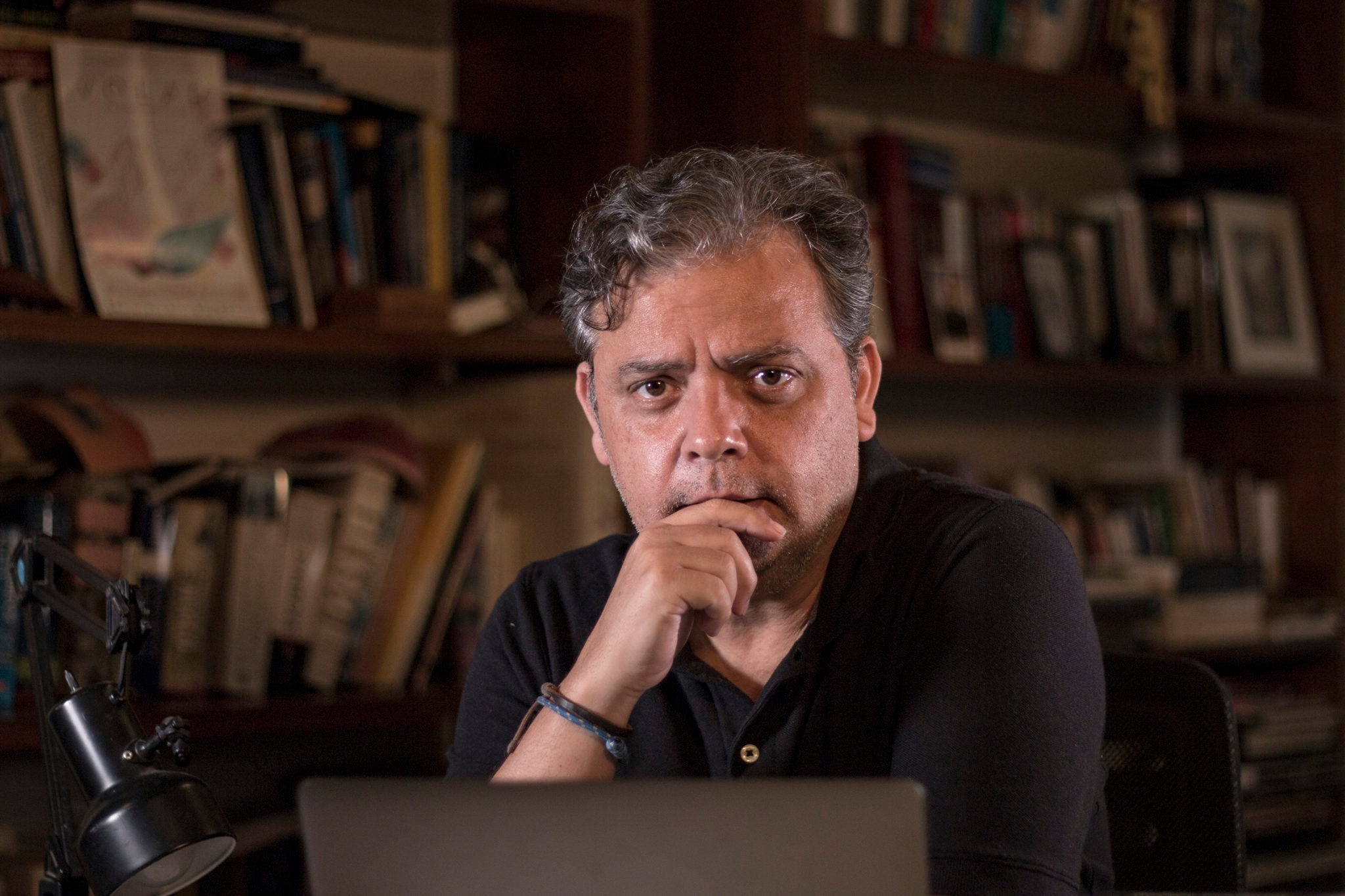
Carlos Dada and his team at El Faro have illuminated the dark corners of his country and surrounding region since he co-founded the outlet — the first digital-only media initiative in Latin America — with entrepreneur Jorge Simán in 1998. For doing so, they have drawn the ire of an increasingly authoritarian Salvadoran government.
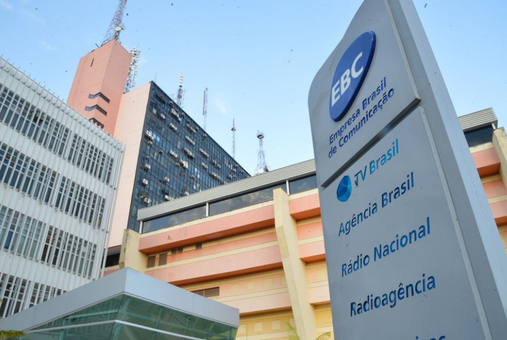
Sixteen journalists from Brazil’s public communication company (EBC, by its Portuguese acronym) handed in written statements describing humiliating situations taking place in the company on a daily basis, since the arrival of Jair Bolsonaro as Brazil’s president. Among them are workplace harassment, censorship, a climate of fear due to persecution at work, devaluation, and a lack of dialogue.
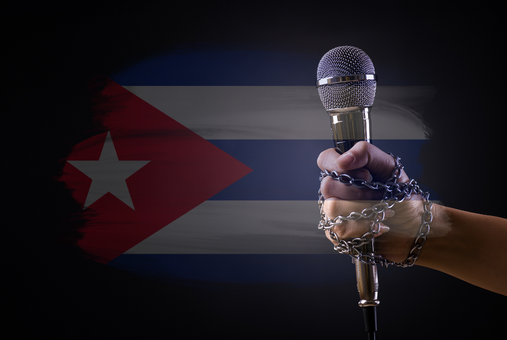
In the last two months, at least 12 Cuban journalists have decided to quit their jobs or leave the profession publicly as a result of the harassment they have suffered at the hands of Cuban State Security. These journalists have usually made their decisions public on social media.
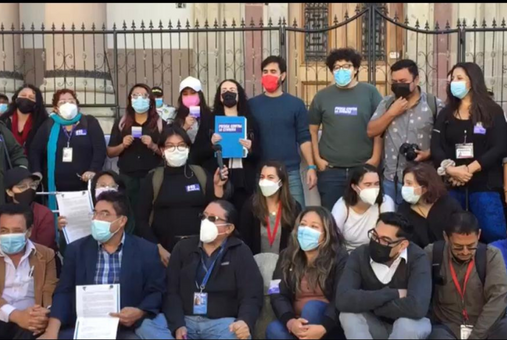
The arrest of José Rubén Zamora, journalist, founder and president of elPeriódico newspaper in Guatemala, has drawn international attention to the worsening of press freedom and the right to information in Guatemala. Journalists interviewed by LatAm Journalism Review (LJR) said that the arrest of one of the best-known names in Guatemalan journalism is a serious development in the escalation of attacks against the press critical of President Alejandro Giammattei's administration.
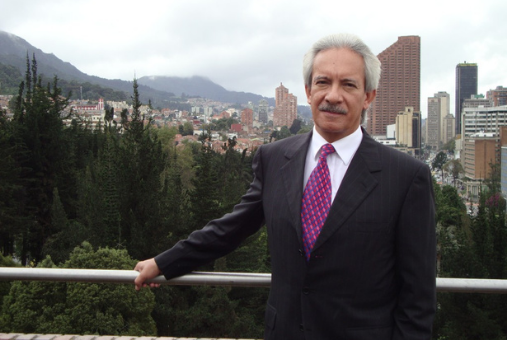
The International Center for Journalists (ICFJ) held the panel "Imprisoned for reporting: Guatemalan authorities target a prominent journalist" to discuss the case of journalist José Ruben Zamora, who will soon complete a month in prison. The panel was attended by Carmen Aristegui, Lucy Chay, Carlos Dada, José Zamora (son) and Carlos Jornet.